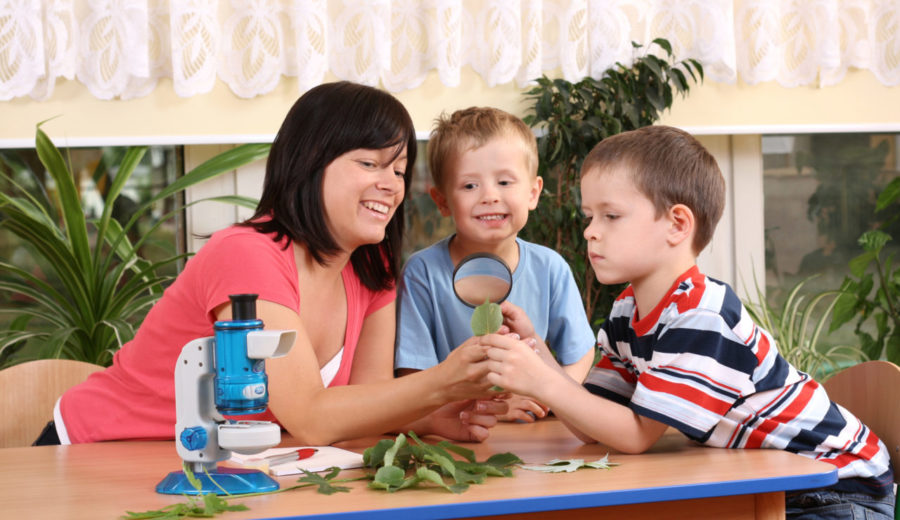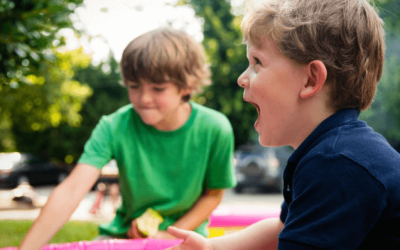Preschool is considered a safe and fun place for children to interact with others their own age and to build the foundation for educational readiness. That said, we might not always think about the impact of specific subjects at this early stage.
But when you consider that the birth-to-age-three period actually has the fastest rate of brain development across the entire human lifespan, it’s clear that pivotal subjects like these are worth addressing from early on.
Of course, when preschools for young children tackle scientific principles, they won’t be assigning lengthy textbook readings or asking for periodic table memorization. Hands-on science experiments and enjoyable activities can drive home these ideas in a way that captivates young students and inspires a lifelong love of learning.
Let’s take a closer look at why a good preschool program (and even summer programs for preschoolers) should include science lessons in some form.
Science will appeal to your child’s natural curiosity
As most parents know all too well, children have an insatiable sense of curiosity about the world around them. While those incessant “why” questions may wear on your nerves, science lessons provide the perfect opportunity to provide answers and encourage your child to think critically. From learning about why the sky is blue to how long it takes a flower to grow, the different science activities offered by preschools for young children will ignite students’ natural inquisitiveness and get them excited about school.
Early involvement in science can help other areas of childhood development
Participating in science-based activities will actually encourage learning in other areas. These lessons will promote literacy, language and vocabulary, social collaboration, and critical thinking. Children will be able to build on these skills in new ways and forge new connections. In addition, scientific concepts can easily tie into other subject areas like math, social studies, and art. Involvement in science will offer new ways to understanding and encourage learning overall.
Science can teach children to explore, hypothesize, and have patience
Of course, educational skill development isn’t the only noticeable benefit of preschool science lessons. There are plenty of social skills that young children can learn as a result, too. Young students will learn how to form a hypothesis, explore their environments, make observations, and have patience as natural events play out. They’ll learn how to conduct basic research, solve problems creatively, and forge ahead. These are fantastic attributes to possess and will serve them well throughout school — and throughout life in general.
An introduction can translate to future interests and aptitudes
Speaking of attributes that will be of value throughout life, consider this: STEM (now sometimes known as STEAM) careers are in high demand. Children who discover both a passion and a propensity for this subject early on will likely do well in school and will have countless professional paths to pursue in the future. While you might not yet be thinking about your child’s future career, it’s clear that the activities experienced at preschools for young children have the power to mold young minds and allow them to find areas of interest from an early age.
When it comes time to compare the preschools for young children in your area to decide on the right curriculum for your family, consider programs that offer an emphasis on science and other key areas. While academia isn’t the only aspect of a great preschool program, the connection between these types of early activities and your child’s skill development is clearly a beneficial one.




